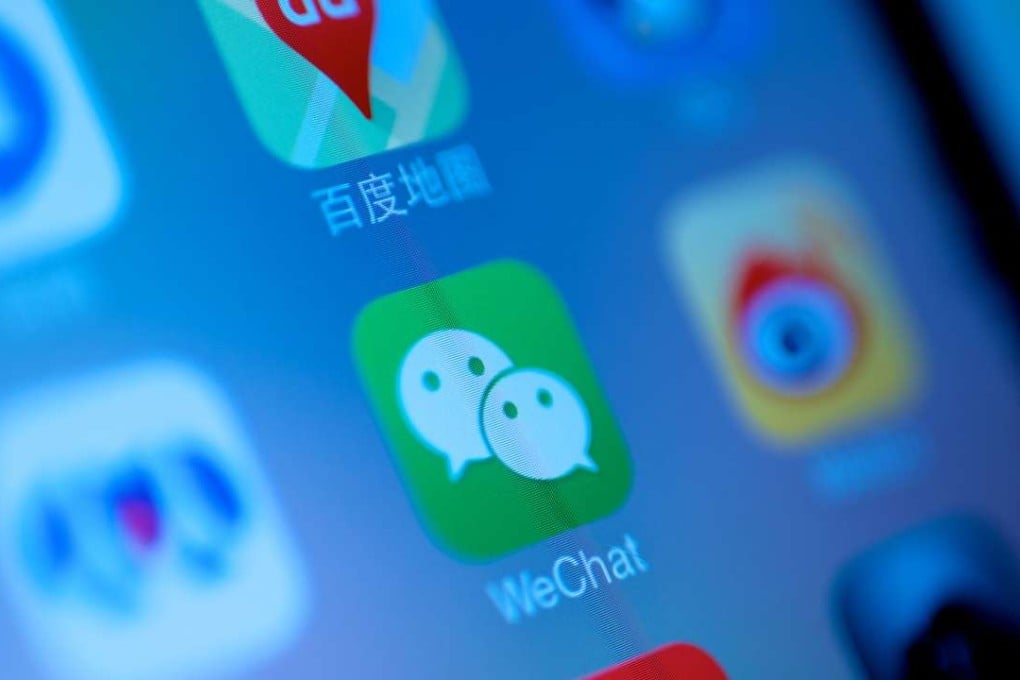How WeChat is turning Chinese Americans on to the US presidential race
The social messaging app has become a virtual town hall for a segment of the electorate that has traditionally steered clear of US politics

Grace Su had never been involved in politics until she joined a discussion group on WeChat, China’s most popular social messaging app.
Su, a US resident, signed up for the group in protest after Chinese American police officer Peter Liang was convicted in April of manslaughter and official misconduct in the fatal shooting of an unarmed black man in New York in 2014.
Su soon joined several groups on WeChat to discuss Liang’s case, and as the presidential election season began rolling, she and other Chinese Americans shifted their focus to the candidates.
Since then, Su has signed up for more than 200 WeChat groups and become a key organiser of a nationwide Chinese American movement supporting Republican presidential candidate Donald Trump. WeChat has been integral to her political transformation.

While political discussions and protest calls may be stifled quickly on the social messaging app in mainland China, Chinese Americans across the US are using it to rally support for their favoured candidates. Asian-Americans made up only 2.9 per cent of voters in 2012 but the ethnic group is among the fastest growing in the US, up from 1.7 per cent in 1996.